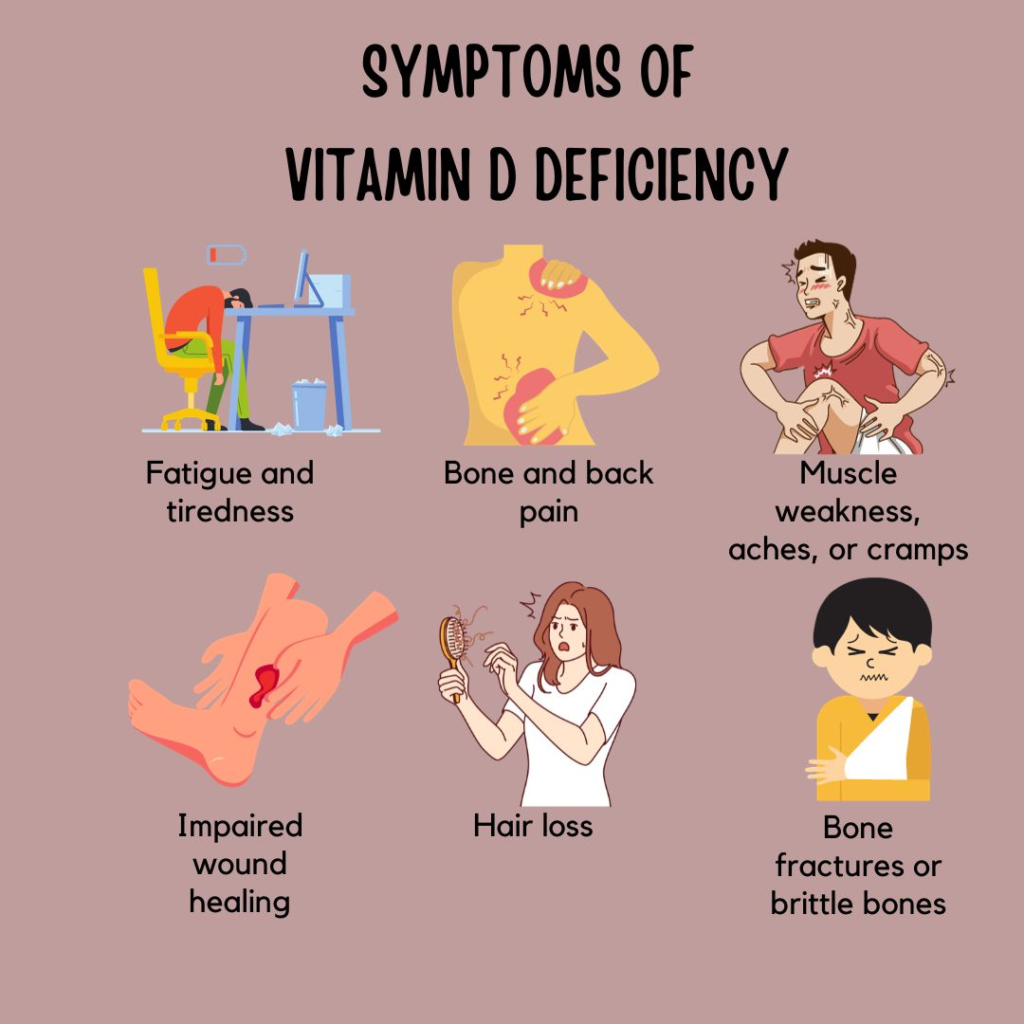Deficiency Diseases
deficiency diseases by Delta publications
Key Notes :
What are Deficiency Diseases?
- Deficiency diseases occur when the body does not get enough essential nutrients (vitamins, minerals, proteins, etc.).
- These nutrients are required for the proper functioning of the body, and their lack can cause various health problems.
Causes of Deficiency Diseases
- Poor diet lacking in essential nutrients.
- Malabsorption due to digestive disorders.
- Lack of access to nutritious food.
Types of Nutrient Deficiencies
- Vitamin Deficiency: Lack of essential vitamins like Vitamin A, B, C, D, E, and K.

- Mineral Deficiency: Lack of minerals such as iron, calcium, iodine, and zinc.

- Protein Deficiency: Insufficient intake of proteins, leading to problems like stunted growth.

Examples of Deficiency Diseases
- Vitamin A Deficiency: Can lead to night blindness and dry skin.

- Vitamin C Deficiency: Causes scurvy, leading to bleeding gums and weakness.

- Vitamin D Deficiency: Causes rickets in children, leading to soft and weak bones.

- Iron Deficiency: Leads to anemia, causing fatigue and weakness.

- Calcium Deficiency: Can cause osteoporosis, making bones fragile and weak.

Symptoms of Deficiency Diseases
- Fatigue, weakness, frequent illnesses.
- Poor growth, bone deformities, and dental problems.
- Skin issues, hair loss, and slow healing of wounds.
Prevention of Deficiency Diseases
- Eating a balanced diet with a variety of foods including fruits, vegetables, dairy, and proteins.
- Taking supplements if required, especially in cases of known nutrient deficiency.
- Fortified foods, like iodized salt and fortified cereals, help prevent deficiencies.
Treatment
- Dietary adjustments to include the missing nutrient.
- Supplements or fortified foods may be recommended by a doctor.
- Early diagnosis and treatment can help prevent long-term health issues.
Let’s practice!

